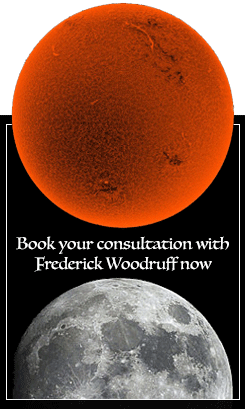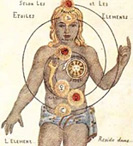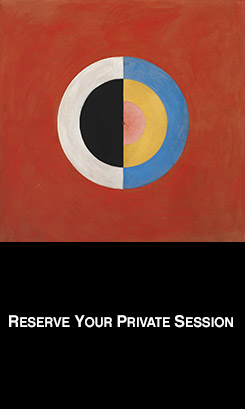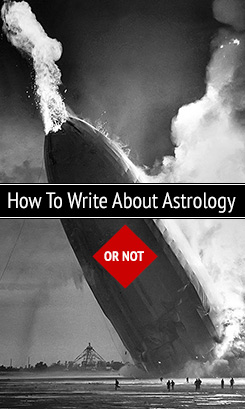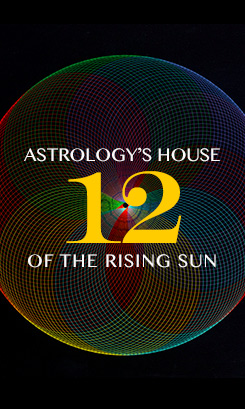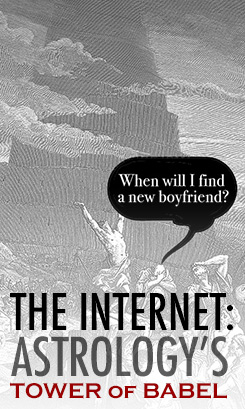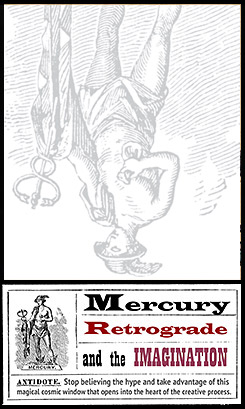Secrets of the Heart: Love is an Action
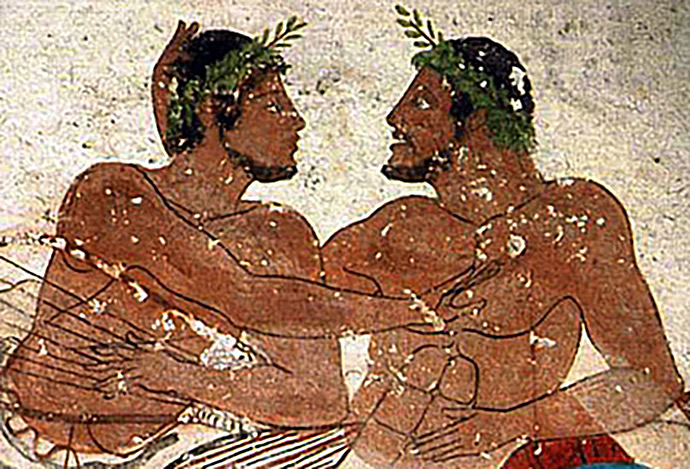
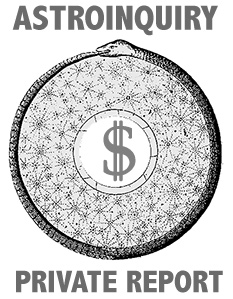
learn to love people.”
— G.I. Gurdjieff
Rumi composed a small eruption of a poem about love’s most beguiling and dangerous qualities. This gem of verse marks out, like a Morse code, the action, the alchemy of love. I’ve revisited this poem many times, and with each close reading new facets are revealed, sharper insights gleaned. It’s the gift that keeps on giving.
Love comes sailing through and I scream.
Love sits beside me like a private supply of itself.
Love puts away the instruments
and takes off the silk robes. Our nakedness
together changes me completely.
The opening conveys abrupt immediacy. Things are one way one minute and then — a surge: “Love comes sailing through…” Sailing evokes being on an ocean, perhaps the Sargasso Sea where we often drift in the humdrum trance of our day-to-day life. But then the majesty of love glides in. Also, the word ‘sailing’ connotes a particular sound, the movement of Cupid’s arrow perhaps?
Love’s entrance — and then: a scream. Not a yell or a shout. A scream. A kind of fright or terror. The shock of love. Rumi is writing about the ego’s perception and reaction to love. Unnerving, startling — a harbinger for what exactly?
P.D. Ouspensky wrote in Tertium Organum: “Love is the potent force that tears off all masks, and men who run away from love do so in order that they may preserve their masks.” I guess that would explain the screaming.
Should we endure, there’s the promise of an intimate alignment, a regulation that calms the initial shock: “Love sits beside me like a private supply of itself.” This line enchants me, the image it calls forth. “…like a private supply of itself.” This speaks to the notion that we are each a localized, unique expression of love — and when we experience love we’re given the opportunity, through the mirror of the Beloved, to remember, to see this condition. We relax, perhaps unaware of the disarming that will follow.
“Love puts away the instruments and takes off the silk robes.” Now Rumi’s describing another love action — the revealing, the stripping — making naked. The initial reading is a prelude to sex, and this can work in the poem too. But there’s something more; the instruments, the clothing — the ways the ego displays its talents, or how it hides behind a facade — all of that’s got to go in the presence of love. Nakedness implies as much. Read more
It’s Rigged — Everything, in Your Favor
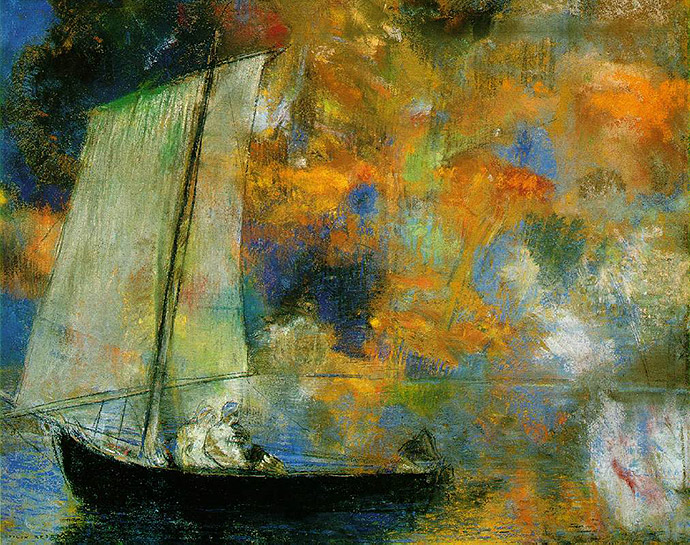
It’s rigged — everything, in your favor.
So there is nothing to worry about.
Is there some position you want,
some office, some acclaim, some award, some con, some lover,
maybe two, maybe three, maybe four — all at once,
maybe a relationship
with
God?
I know there is a gold mine in you, when you find it
the wonderment of the earth’s gifts
you will lay aside
as naturally as does
a child a
doll.
But, dear, how sweet you look to me kissing the unreal:
comfort, fulfill yourself,
in any way possible — do that until
you ache, until you ache,
then come to me
again.
— Rumi
October 14 Full Moon Watch: Buy Something
These spiritual windowshoppers,
who idly ask, How much is that? Oh, I’m just looking.
They handle a hundred items and put them down,
shadows with no capital.
What is spent is love and two eyes wet with weeping.
But these walk into a shop,
and their whole lives pass suddenly in that moment,
in that shop.
Where did you go? “Nowhere.”
What did you have to eat? “Nothing much.”
Even if you don’t know what you want, buy something,
to be part of the general exchange.
Start a huge, foolish, project,
like Noah.
It makes absolutely no difference
what people think of you.
— Rumi
